
Sign in to your Collider account
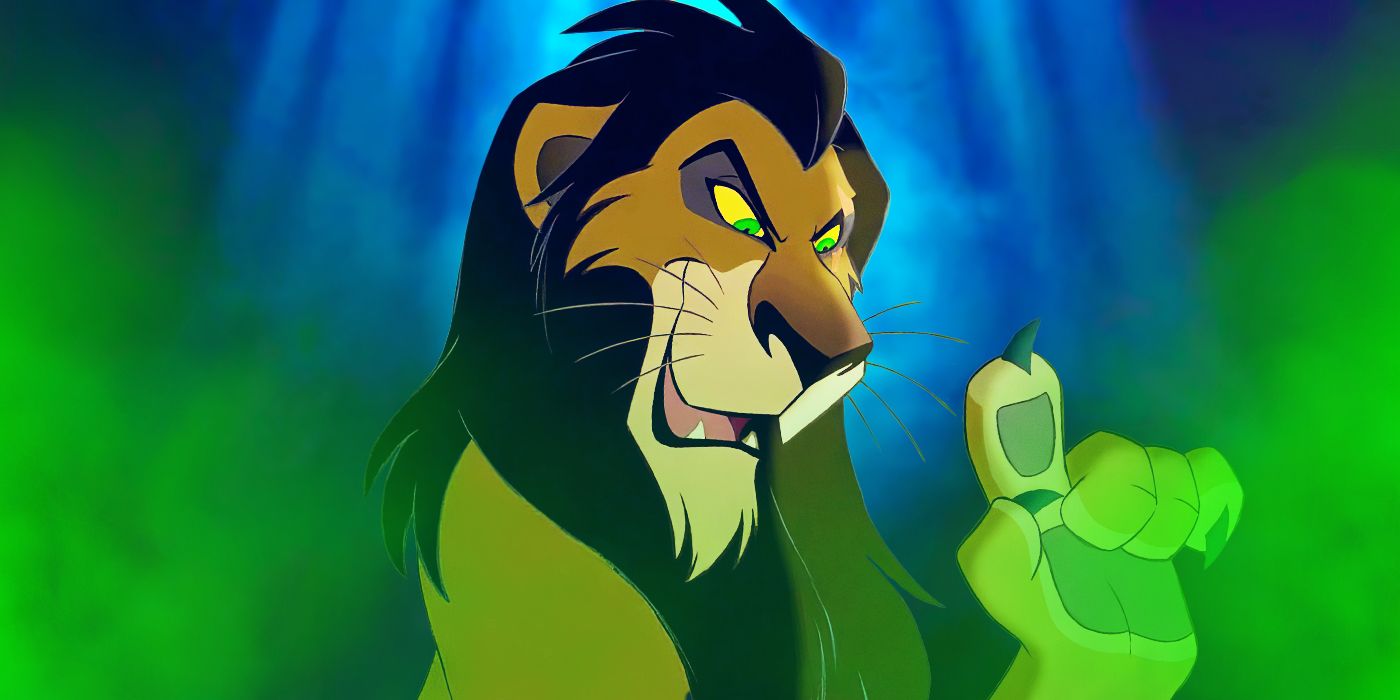 Image by Jefferson Chacon
Image by Jefferson Chacon
The success of Wicked is proof that a movie musical still has the power to draw moviegoers. But is there more to it? Steven Spielberg’s West Side Story was critically well-received but failed at the box office. Granted, Wicked is more contemporary, but still. I believe that its success lies, at least in some part, in a fascination with the origins of movie villains. It's the latest in a trend of films that either explore those origins or whose origins are contained within the movie itself, and with Mufasa: The Lion King imminent, that trend continues by looking at the origins of Taka, aka Scar, the villain Jeremy Irons made so deliciously evil in The Lion King. The problem with these films is that more often than not, they give the villain of the original film a sympathetic backstory, weakening the character in hindsight by providing context as to why they are who they are. But not all villains need, or even should, have an explanation for their actions. Why can't a movie villain simply be evil?
Redeeming Villains Begins in a Galaxy Far, Far Away
There are exceptions, but the genesis of these films arguably begins with Star Wars: Episode VI - Return of the Jedi in 1983, and the iconic villain Darth Vader, voiced by the late James Earl Jones. When Darth Vader first appeared in Star Wars: Episode IV - A New Hope, he was unlike any villain before him: a large, menacing and faceless presence with that infamous mechanical breathing which, combined with Jones' deep, sinister voice, was an embodiment of evil. Then came Star Wars: Episode V - The Empire Strikes Back, and the revelation that not only is Vader evil, but he's Luke Skywalker's (Mark Hamill) fother-muckin' dad, pulling on Luke's fragile state to join him on the Dark Side of the Force. What kind of evil d**k of a father encourages his child to be evil themselves?
Then comes Jedi, and, "There is still good in him," and sure enough, there is. Don't get me wrong — Return of the Jedi is a personal favorite from the original trilogy - but Vader was a true villain, a literal black hat, and it's disappointing to see that he's been neutered. Then came the prequel trilogy that gave Vader an entire backstory that did much the same to the character. Vader wouldn't reclaim that original terror until the closing minutes of Rogue One: A Star Wars Story, and actor Hayden Christensen would have to wait until 2022 to show just how evil he could be in an epic duel with Obi-Wan Kenobi (Ewan McGregor) in the Obi-Wan Kenobi Disney+ series.
The floodgates were open, and theaters would see a steady stream of films, and even TV series, that would give iconic movie villains a pass for their actions. Hannibal Lecter (Anthony Hopkins), a nightmare of a man the moment he first meets Clarice Starling (Jodie Foster) in The Silence of the Lambs is revealed to have been left an orphan at the age of eight after Nazis kill his parents and cannibalize his sister in Hannibal Rising. Cruella shows that the brilliantly crazed antagonist from 101 Dalmatians, voiced by Lisa Davis originally and played by a scenery-chewing Glenn Close in the live-action remake, was orphaned too, turning to petty crime to survive on the streets. Sticking with the Disney theme, 2014's Maleficent, with Angelina Jolie as the titular evil fairy, explains away her vile deeds in Sleeping Beauty as the result of utter betrayal at the hands of the human she once loved. Misery's Annie Wilkes' (Kathy Bates) mental health is seen deteriorating in TV series Castle Rock.
Some work better than others — Cruella never truly explains how Cruella (Emma Stone) takes the step into outright villainy, wanting to kill puppies for a coat — but it can be argued that not one had to be made. Lecter didn't need Hannibal Rising. He was already wildly successful as an evil, soulless monster. Maleficent not only gave moviegoers empathy for Maleficent, but literally rewrote the events of the original film, the one which made Maleficent the greatest Disney animated villainess ever. Didn't need it. Nevertheless, the trend begat an offshoot of sorts, where the villains' impetus for becoming evil appears in the movie itself. Syndrome (Jason Lee) was scorned by Mr. Incredible (Craig T. Nelson) as a boy in The Incredibles.
Now we've reached a point where the real villains, who are evil for evil's sake, are becoming harder to find. Josh Brolin's Thanos in the MCU isn't evil as much as he is misguided in his attempt to save the universe from itself. Disney has all but abandoned the idea of a "true" antagonist in their animated films. A studio renowned for single-handedly creating some of the greatest unredeemable villains on film has progressed to films that don't have a true villain at all. Take Encanto, for example. Despite the buildup, Bruno (John Leguizamo) isn't a villain, just misunderstood. At the same time, Alma (Maria Cecilia Botero) comes to realize that the bad things harming the family stem from her obsession with preserving the magic and is remorseful for it.
Not All Hope Is Lost When It Comes to Villains
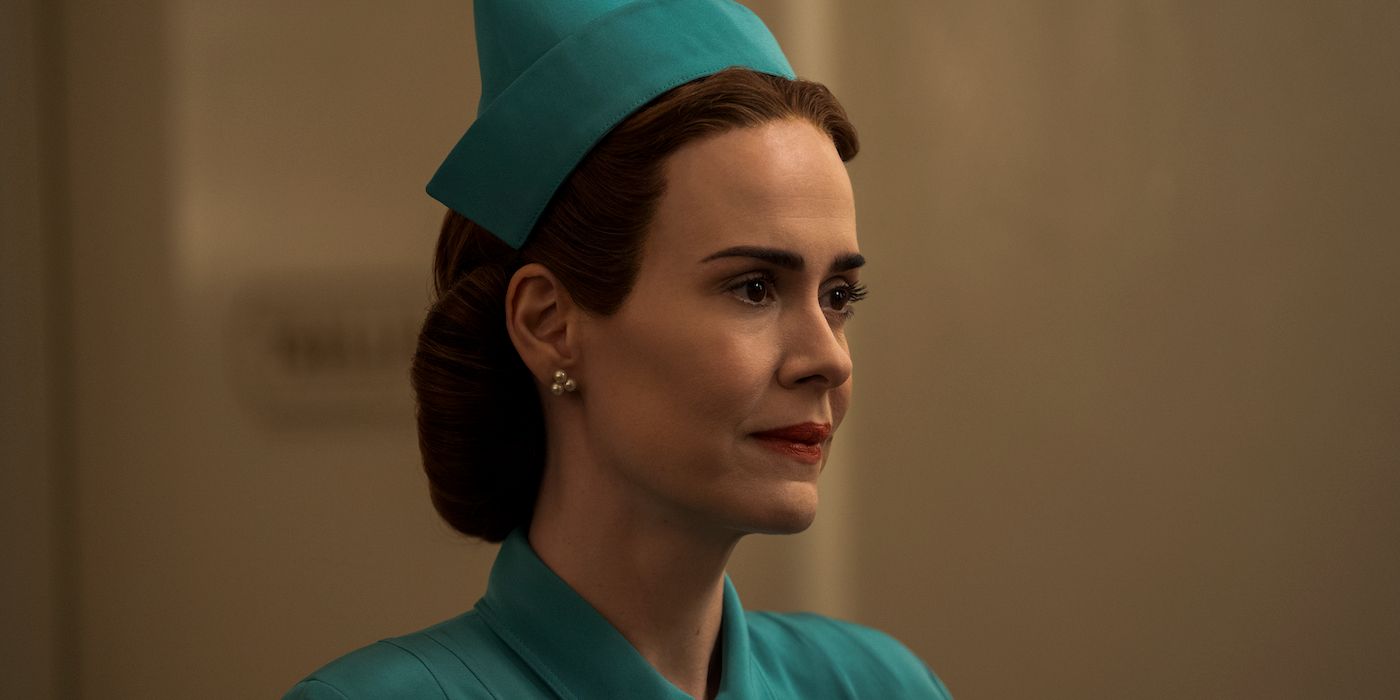 Image via Netflix
Image via Netflix
But why can't a villain just be an evil a**hole? There's no single reason that can be pointed to as definitive, but I would suggest that it comes down to this: labels. There is an inability to comprehend that someone can just be evil without cause, or, if you will, "some men just want to watch the world burn." As a result, we seem to be obsessed with clearly labelling a character, defining them as a means of understanding why people act the way they do. Therefore, every act of man, however reprehensible it may be, is caused by something, be it genetics, upbringing, mental health, or more. This, coupled with a rising, or already raised, trend to see things as black or white, makes it difficult to create a villain that is equally vile in the eyes of both extremes.
But all lost hope isn't lost. There are those films that give a villain a sympathetic background, but then there are films and TV series that prove a villain has always been evil. Take Ratched, the Netflix series that dives into the early days of Louise Fletcher's chilling Nurse Ratched from One Flew Over the Cuckoo's Nest. The series, starring the talented Sarah Paulson, doesn't give a reason behind her evil nature but rather adds complexity to it, complementing Fletcher's original portrayal rather than lessening her impact as the evil nurse, making a villain that ranked 5th on the list of AFI's 100 Heroes & Villains that much worse. The upcoming 2025 It prequel It: Welcome to Derry brings Pennywise back onto the screen, but there won't be any good-clown-goes-bad here, with the series documenting Pennywise's reign of terror 27 years before the events of It.
It's Villain vs. Villain-To-Be This Christmas
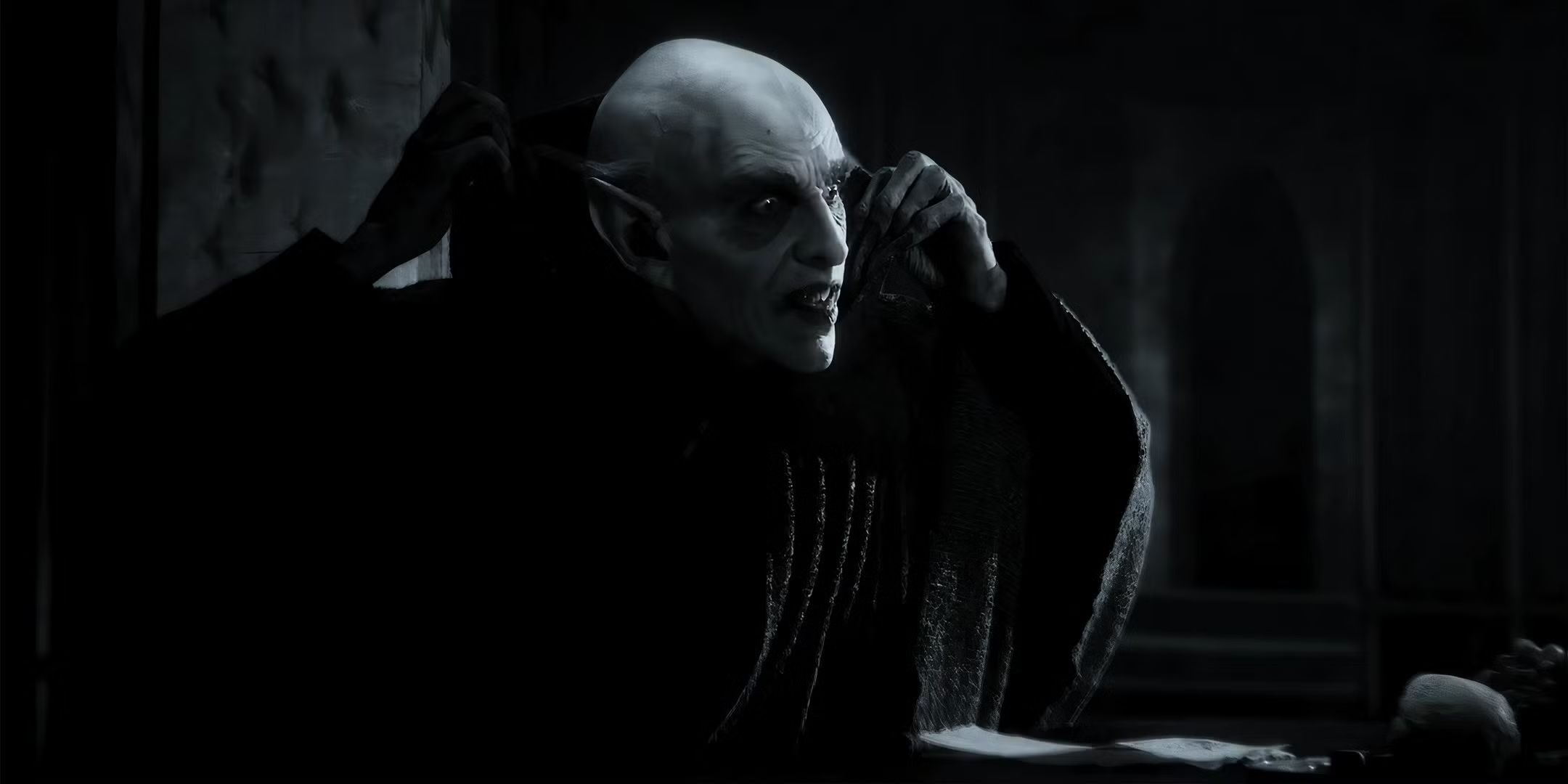 Image Via BeamScreen Productions
Image Via BeamScreen Productions
Speaking of Pennywise, Bill Skarsgård is bringing his Count Orlok to the multiplex in the upcoming Nosferatu, which will be going head-to-head with Mufasa: The Lion King, which pits two films, each an example of both ideologies, against one another. In Nosferatu, Skarsgård's Count Orlok is evil incarnate, who becomes obsessed with Lily-Rose Depp's Ellen Hutter. Orlok is allowed to be who he is, an ancient evil without redemption or a rationale as to how he came to be the monster he has become. In Mufasa: The Lion King, we learn that Taka (Kelvin Harrison Jr.) is the rightful heir to the throne, and it was his family that adopted Mufasa (Aaron Pierre), only for Mufasa to become king over Taka, who becomes Scar. Of course, we don't know exactly how that plays out, but nonetheless, it still means that Scar's act of betrayal in The Lion King isn't a malevolent move to usurp Mufasa's throne, but the righting of a wrong that occurred many years prior. One is evil because they are simply evil, while the other is evil but for a justifiable reason.
Watch for Nosferatu in theaters across the U.S. on December 25, 2024.
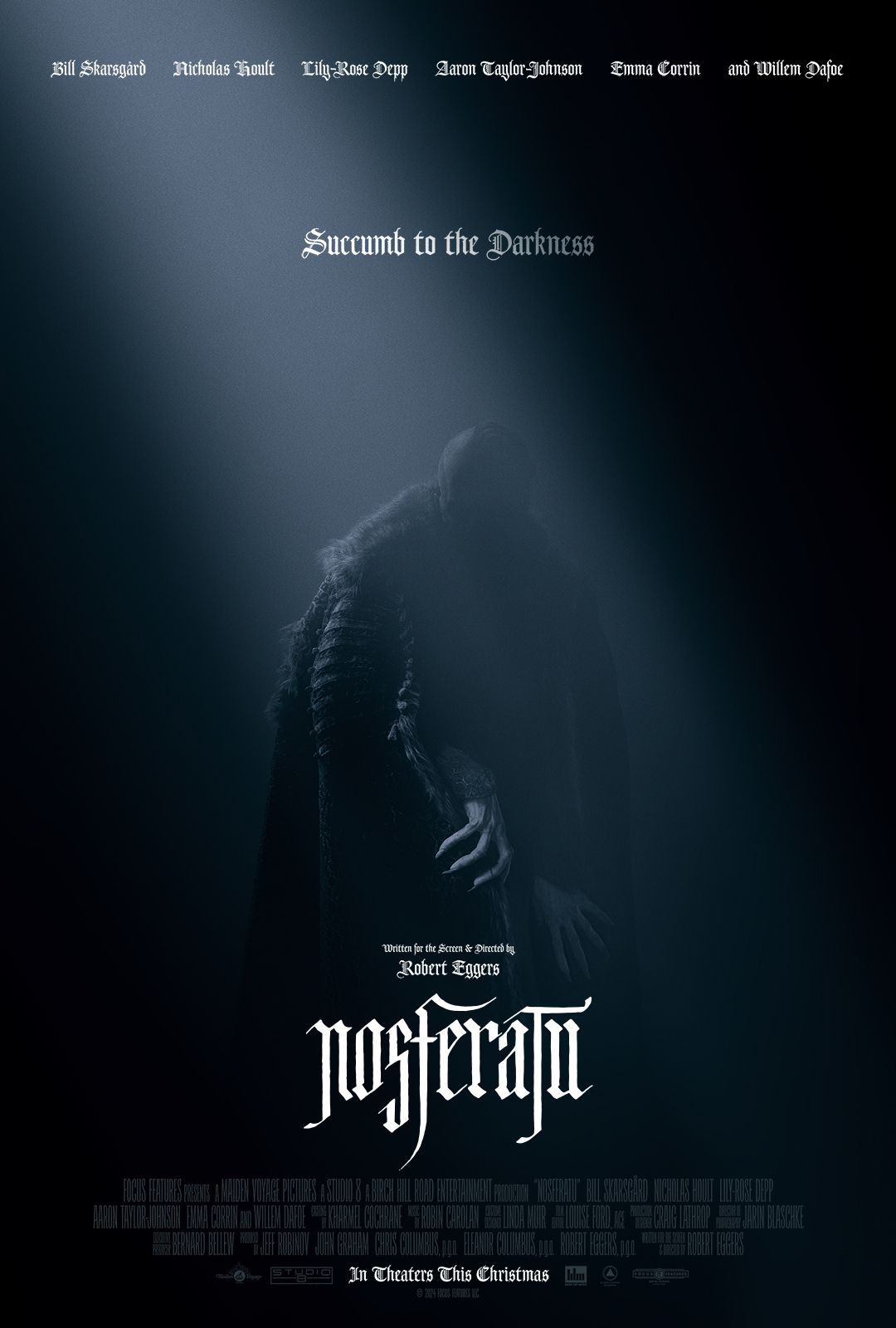
Your changes have been saved
In Nosferatu, a reclusive vampire's presence disrupts a small European village, drawing an unsuspecting young couple into a battle against an ancient evil. As fear spreads, the villagers must confront the terrifying legend and their own beliefs, leading to suspenseful confrontations and chilling revelations.
Release Date December 25, 2024
Runtime 132 Minutes

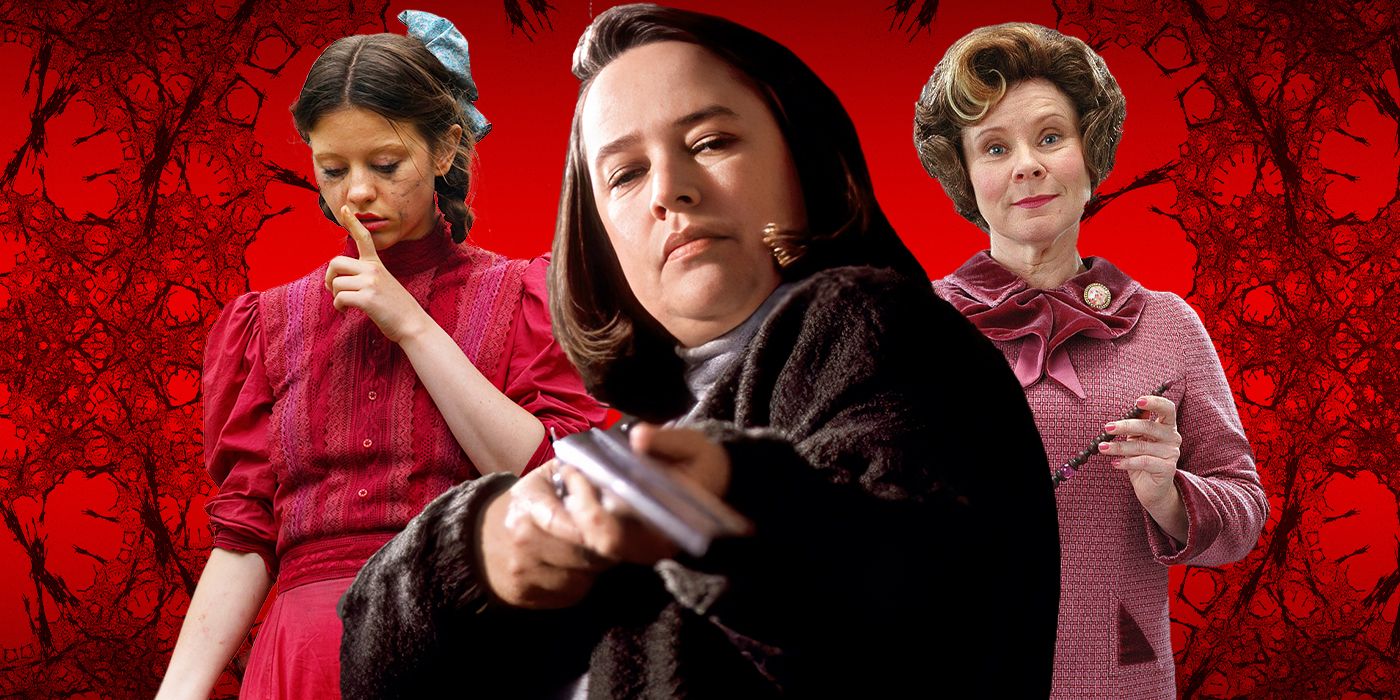

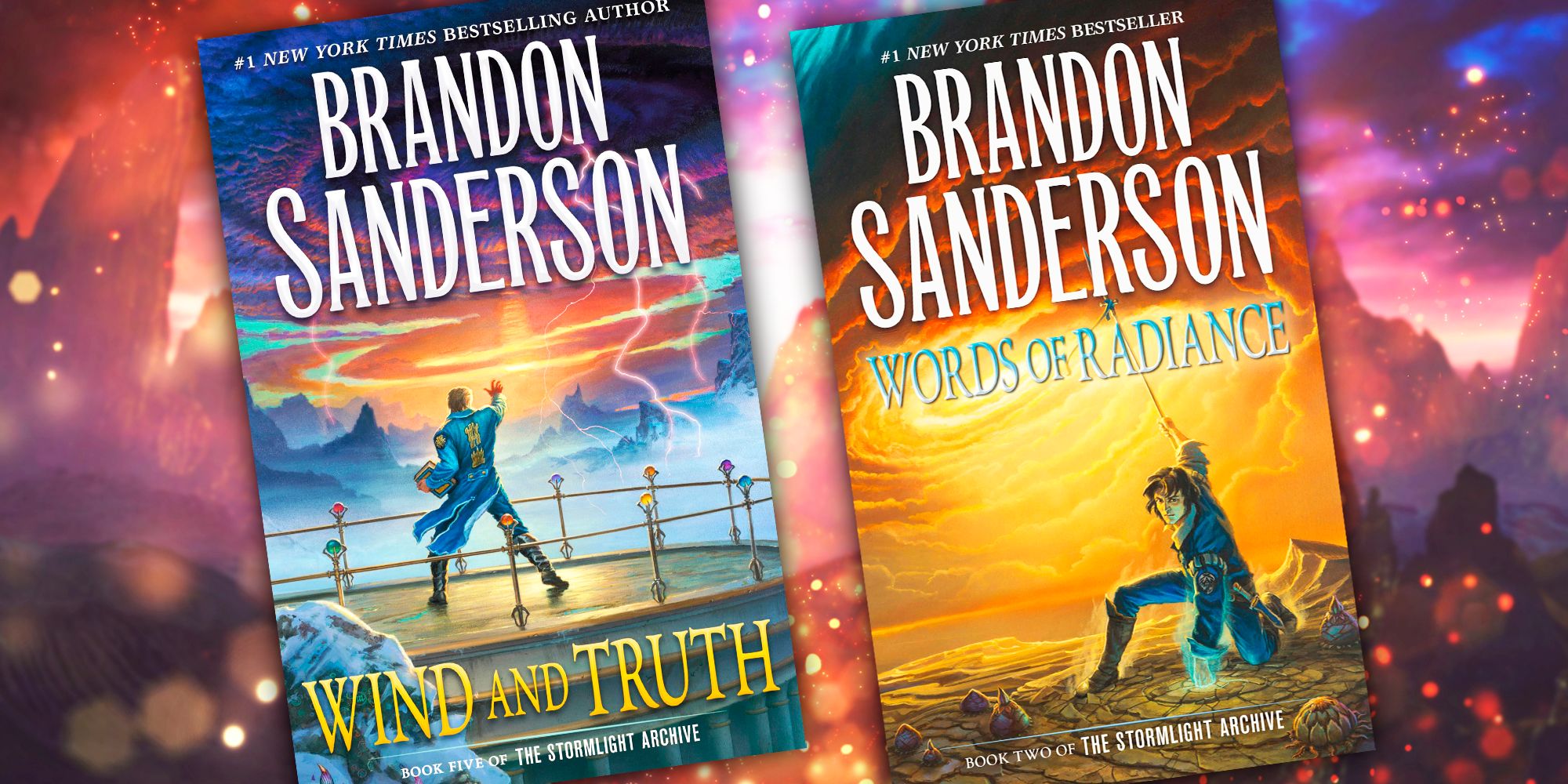
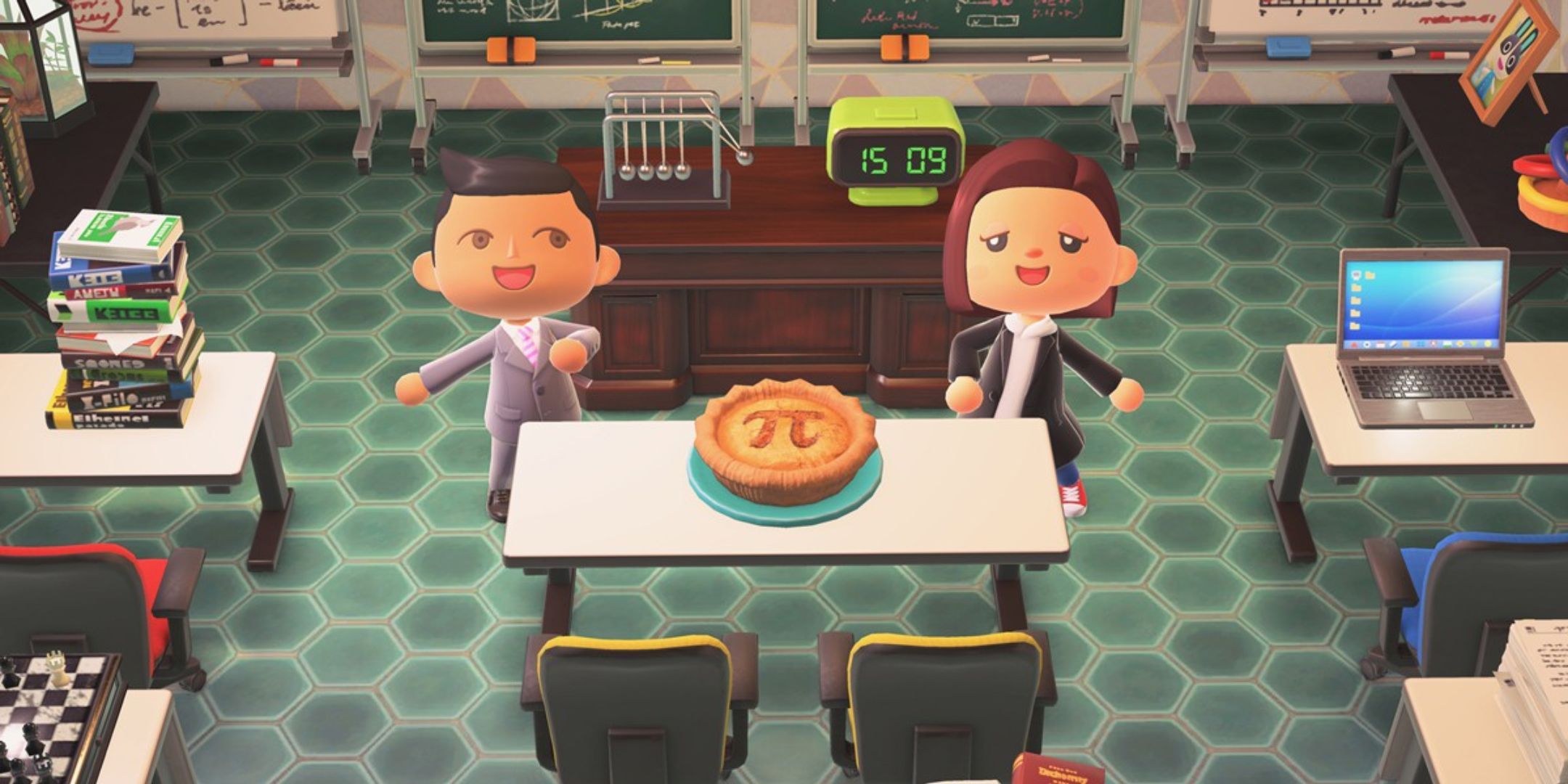


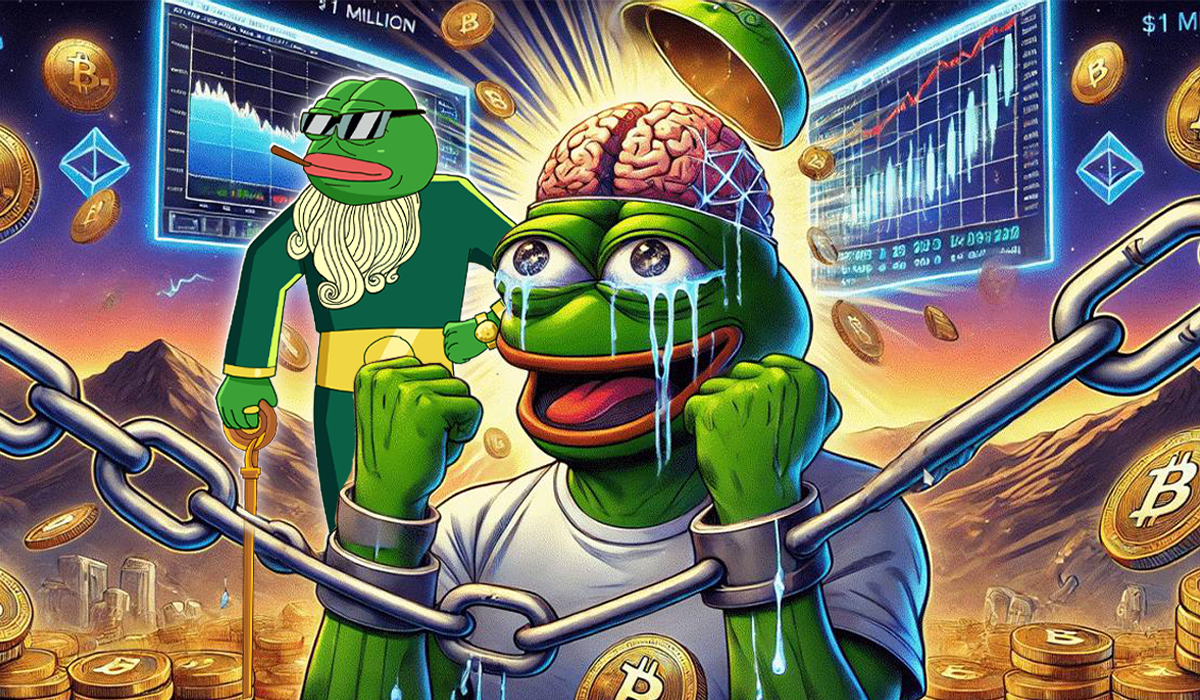


 English (US) ·
English (US) ·